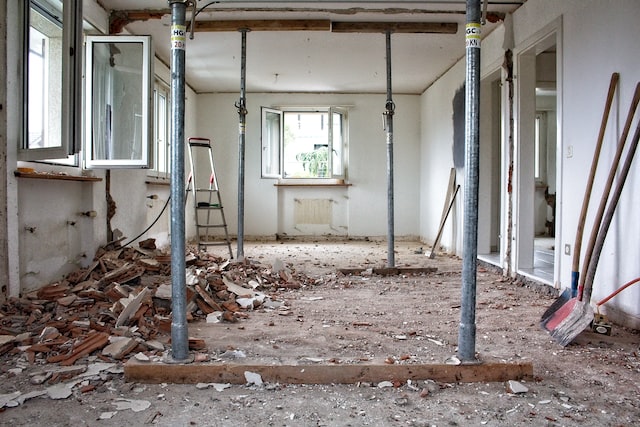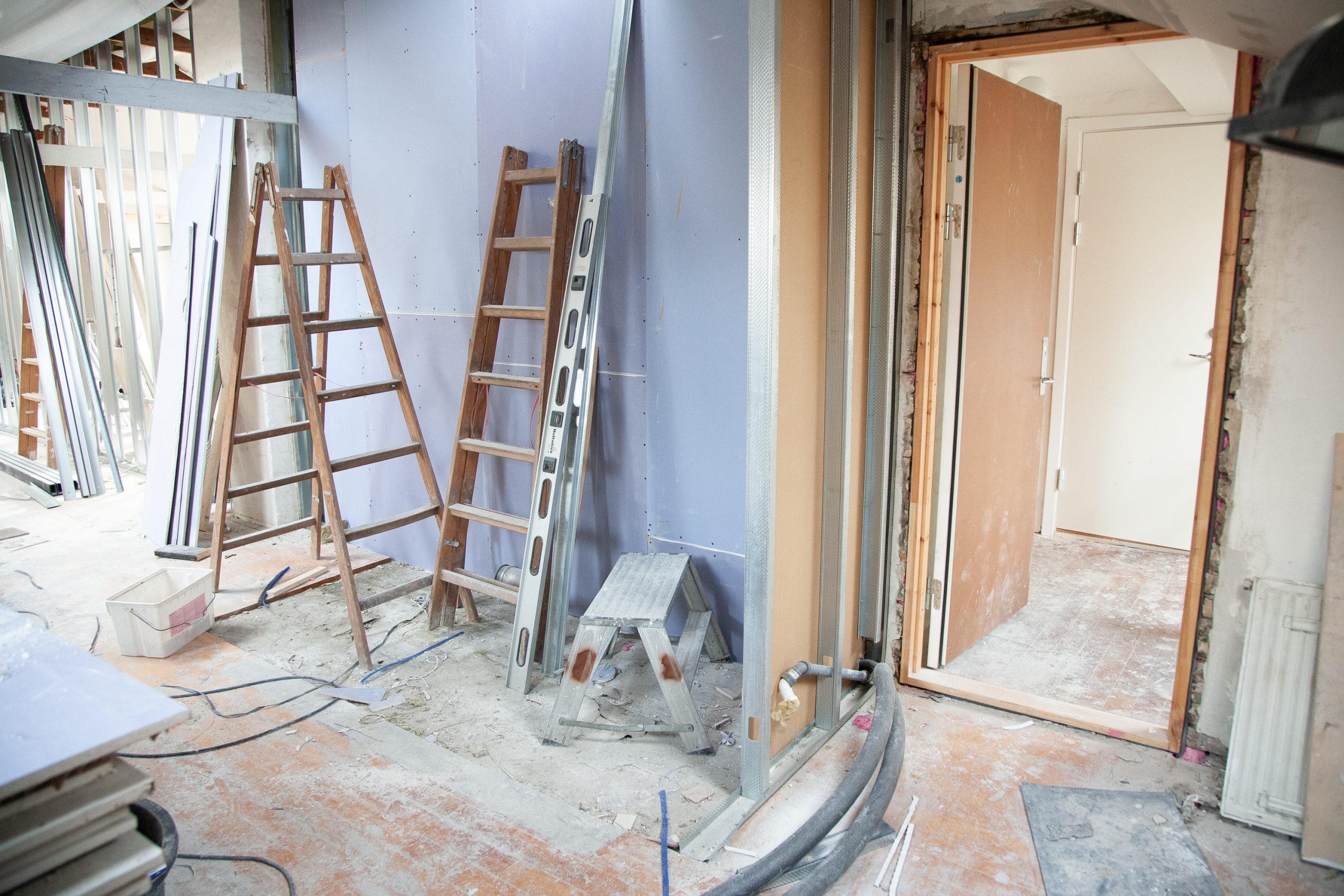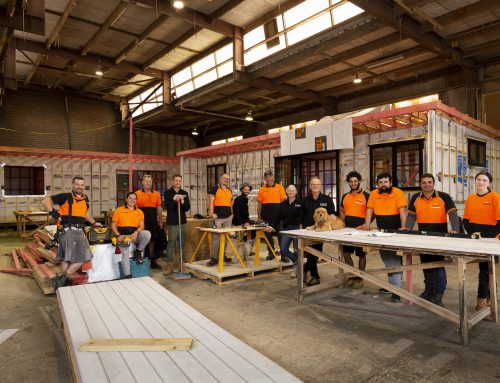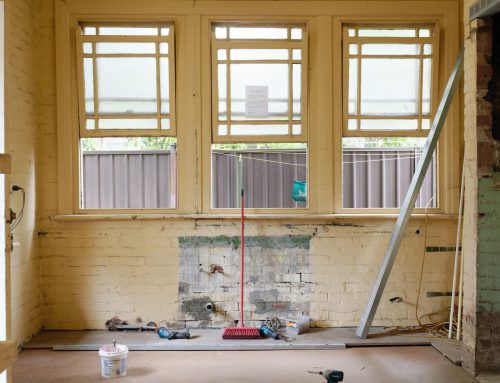If you’ve been considering kicking off a home renovation this year, you will have been reading up on renovation costs, and sense-checking your budget with local tradespeople.
The uncertainty in the market has been a reality for many – from homeowners who want work done, and builders and other tradespeople that have to have difficult conversations with their clients about skyrocketing costs.
With building and construction costs increasing, people looking to renovate and build their own homes need to have a clear idea of their project costs before they commit to progressing a project. “It’s not at all unusual to see build prices in the $4000s per square metre, for a normal New Zealand family home.” The sharp rise in new build cost has been triggered by supply chain disruption in construction product availability in Aotearoa New Zealand – not helped by a slowdown in manufacturing of key products offshore, triggered by Covid-19 lockdowns and the difficulty of attracting and retaining staff.
Let’s take a look at some of the topical questions we’re seeing from Aotearoa New Zealand homeowners, so you have a better understanding of the market.
How much do renovations increase home value?
If you’re considering selling up in the short to medium term, you’ll want to make sure that any money you spend now on your home will increase the overall value of your property. Noone wants to overcapitalise, unless of course you have no intention of selling, and instead are content to invest in your home and long-term quality of life.
Typically, high cost rooms to renovate include kitchens, bathrooms and structural work to open up a living area or add another bedroom. You can expect quality work in these areas to add value to your home if you intend to sell. Other types of renovations that can increase your house value include interior and exterior painting to freshen up tired paintwork or make someone else’s colour scheme more appealing. Outdoor living and landscaping can also work well for increasing a home’s value when you can create an outdoor room or more appealing break out space and ensure your garden is easy to maintain.
This handy, free home renovation cost estimator can help give you a good idea of your upfront costs. Kitchens are certainly one of your highest cost rooms, with costs ranging from $18,000 to a kitchen refresh, to $80,000 for a high end, luxury kitchen. Bathrooms are half that cost. Removing internal walls to open up a living area or convert a wall to stacker doors to connect a living area with your outdoor living space can sit around the $15,000 mark – create value for improving a primary living space.
At the end of the day, your home’s value will be dictated by the market. Consider whether you’re trying to appeal to couples buying their first home wanting a low maintenance, easy care garden, young families who value an open plan living space, or families with older children who are looking for a second living area, sleep out or converted garage as a break out space for their teenagers.
What things can lower the cost of home renovation?
Your biggest saving on a home renovation is how much of the work you can take on yourself. Handy with a paintbrush? Consider managing the finishing of a project and painting yourself. This can also be a big saving when a professional painter may need to hire scaffolding to ensure health and safety requirements are met for ‘at height’ jobs. A homeowner does not have the same regulations around scaffolding as a professional tradesperson does – although we don’t condone taking on risky renovation projects!

Other costs you could save on is demolition and rubbish removal, and sourcing recycled materials to use in your project. Many homeowners are considering ready to install cabinetry, rather than custom made cabinets from a joiner.
While you won’t want to compromise on safety or quality, doing some of the hands-on work or sourcing your own materials may save you money on the total cost of the project.
You may also want to consider where you spend your hard earned money – investing in a granite kitchen bench is likely to provide more ‘wow’ factor than a custom joinery or dream drawer inserts. Likewise, cutting back on the tiling you had planned for your bathroom renovation can still achieve the look you’re after without all of the expense.
Are home improvements worth it?
If you’re planning on staying in your home for the medium to long-term, then home improvements that will improve the flow or comfort for your family can be life changing. If you love where you live and don’t want the hassle and expense of moving to a more ‘fit for purpose’ dwelling, then making life-enhancing changes to your home can be well worth the expense.
If you have more of a short to medium-term plan for remaining at your home, you may want to get independent advice on the updates you’re considering. Think about engaging a property valuer or real estate agent to assess the likely return on investment your renovation might return. An independent professional can also advise on other areas of your home or garden that may be worth some money spent up front to ensure you get the best possible sale price for your home when you’re ready to put it on the market.
So, What’s Next?
If you’re unsure about where to start with your renovation, there are plenty of online articles that can help demystify the renovation process. In short, do your homework, get multiple quotes and check testimonials of the tradespeople you want to engage with. This can all serve to ensure you feel comfortable with the renovation process, and trust in the people that will help bring your dreams to realisation.
We understand the pressure that clients can feel with a high stakes renovation project. A key pain point for homeowners can be trust in their service provider – trusting a tradesperson or professional service provider will deliver the project on time, on budget, and up to standard.

There are too many instances where this ‘trust model’ has failed home owners who have lost money during the build process, like the ‘20 homeowners left with unfinished homes plan lawsuit against Master Builders‘, and the ‘investigation into tradesman with multiple alleged victims in Wellington‘. Further, payments to tradespeople can become a problem with money used on other projects, price increases affecting the build cost, unchecked variations, and more.
That’s where the IPromise app can be a useful free tool for clients to give you the confidence that your project will be completed from beginning to end, before the agreed payment is released to your supplier. Project and payment control is a huge relief for the homeowners that use the IPromise app. Projects can also be split into stages so smaller secure payments are made as each stage is completed. This way you are not handing over unsecured deposits to your builder and at any stage in the project if you are unhappy with the work or progress you don’t have to release payment until the work is done to your satisfaction. You stay in control of the payments and your builder has high motivation to complete the project because they will get paid immediately when you release the payment.
Your supplier will be extra keen to lock in your next project as they will have the reassurance that you have the money and they will be paid immediately, once you agree the job is done.
If you’re interested in ensuring a simple and safe way to manage your renovation project payments, sign up for free today.
IPromise takes the guessing game out of the payment process. Once the quote is agreed, your payment is transferred to a secure BNZ Trust Account, that is only released to the Supplier / tradesperson, when both parties agree the job is done. When agreed, the payment is immediately released to the Supplier / tradesperson, providing an incentive to get the job done on time and on-price. For you (the Client) there won’t be any surprise charges or fees if you decide to use this platform, and your payments are protected 100% of the way. What’s more, the app is always free for the Client. If you’d like to get started, register for free today.






Leave A Comment